Coffee is a widely consumed beverage among adults, but when it comes to children, the question of whether they can drink coffee arises. The answer is not a straightforward yes or no, as it depends on various factors such as age, caffeine content, and potential health effects.
The Impact of Caffeine on Children
Caffeine, the primary component in coffee, is a stimulant that affects the central nervous system. Children's bodies and brains are still developing, making them more sensitive to the effects of caffeine. Even small amounts of caffeine can lead to increased anxiety, sleep disturbances, irritability, and elevated blood pressure in children. Additionally, caffeine can interfere with the absorption of essential nutrients like calcium, which is crucial for bone development.
Age Considerations
The American Academy of Pediatrics (AAP) recommends that children avoid caffeine altogether. For teenagers, the upper limit is approximately 100 mg of caffeine per day, which is equivalent to a standard cup of coffee. However, it is important to note that younger children should not consume any caffeine, as their bodies are more susceptible to its negative effects.
Hidden Sources of Caffeine
Caffeine is not only found in coffee but also in other beverages and foods such as sodas, iced teas, energy drinks, and chocolate. These hidden sources of caffeine can easily cause children to exceed safe limits without even drinking coffee. For example, a 12-ounce serving of Mountain Dew contains 54 mg of caffeine. Parents should be aware of these hidden sources and monitor their children's overall caffeine intake.
Healthier Alternatives
While coffee may provide a quick energy boost, there are healthier alternatives for children. Water, milk, and natural juices are better options for hydration and nutrition. Herbal teas, such as peppermint, chamomile, and hibiscus, are caffeine-free and can provide a soothing effect. Freshly squeezed fruit juices can also offer a natural energy boost without the negative effects of caffeine.
Cultural and Individual Differences
In some cultures, children are introduced to coffee at a younger age. However, it is important to consider the potential health risks and follow expert recommendations. If parents decide to introduce coffee to their children, they should start with small amounts and choose low-caffeine or decaf options. Additionally, parents should educate their children about the effects of caffeine and the importance of moderation.
In conclusion, while small amounts of coffee may not be harmful to older children, it is generally recommended that children avoid caffeine due to its potential negative effects on their developing bodies and brains. Parents should be aware of hidden sources of caffeine and encourage healthier beverage choices for their children. By following expert guidelines and monitoring caffeine intake, parents can help ensure their children's well-being and healthy development.

By Olivia Reed/Apr 24, 2025

By Victoria Gonzalez/Apr 24, 2025

By Sophia Lewis/Apr 24, 2025

By William Miller/Apr 24, 2025

By Olivia Reed/Apr 24, 2025

By Laura Wilson/Apr 24, 2025

By Victoria Gonzalez/Apr 24, 2025
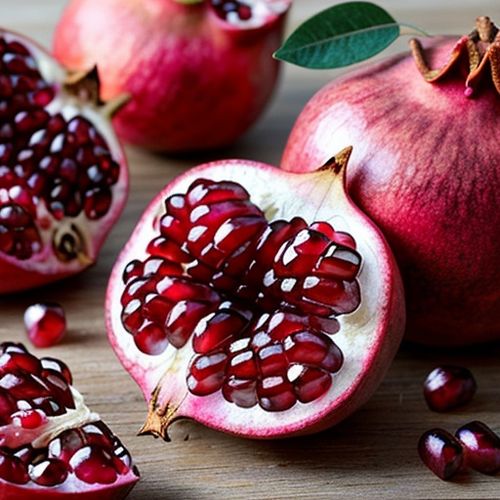
By Natalie Campbell/Apr 24, 2025

By Jessica Lee/Apr 24, 2025
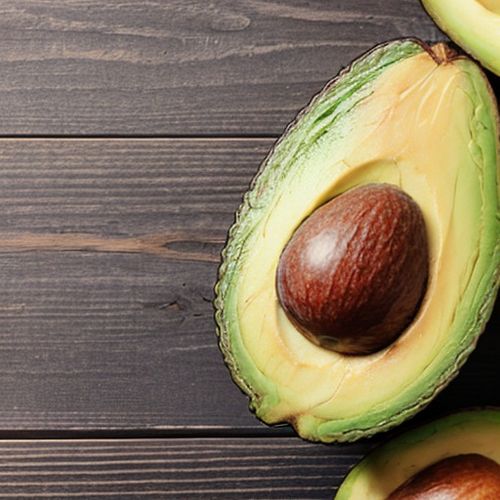
By Rebecca Stewart/Apr 24, 2025

By George Bailey/Apr 24, 2025

By Elizabeth Taylor/Apr 24, 2025
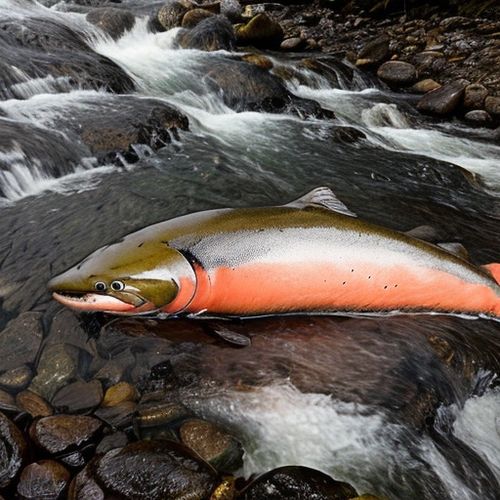
By Thomas Roberts/Apr 24, 2025
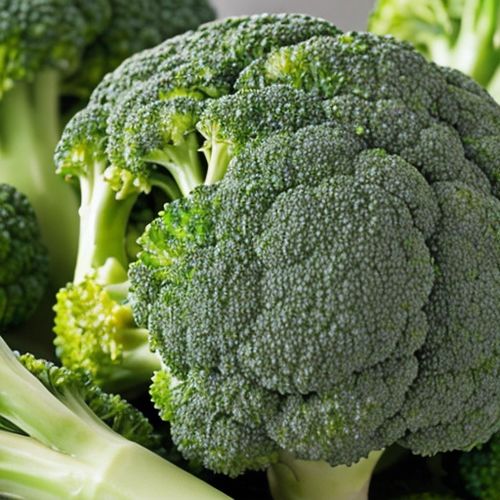
By Laura Wilson/Apr 24, 2025

By Samuel Cooper/Apr 24, 2025

By Lily Simpson/Jan 13, 2025
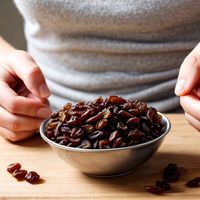
By Christopher Harris/Dec 20, 2024

By Samuel Cooper/Dec 20, 2024